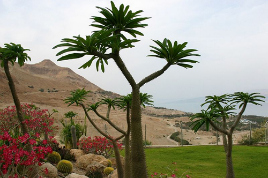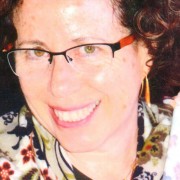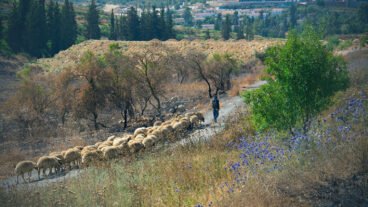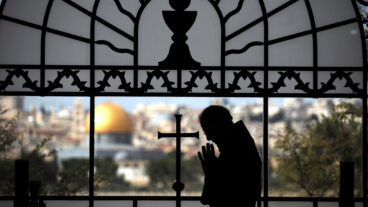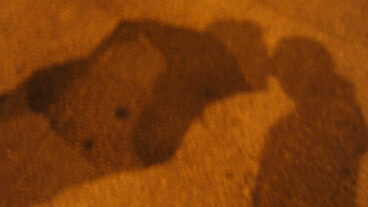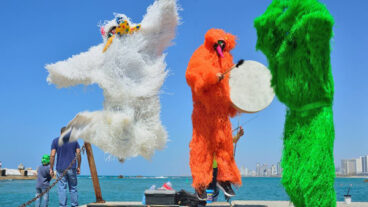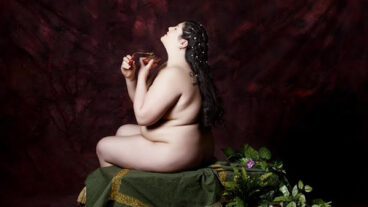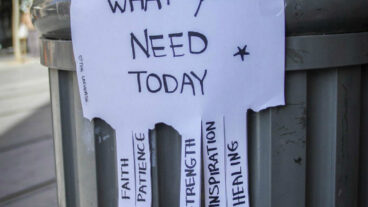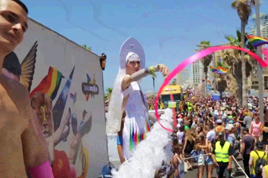 The biblical city of Ein Gedi was a desert oasis, known for its date palms, vines and perfumed balsam. Modern-day Kibbutz Ein Gedi, located a kilometer down from the springs, is no less of an oasis, known for its desert agriculture, hotel/guest house and a prize-winning Botanical Garden that is the only one in the world to be integrated with the residences of the surrounding community.
The biblical city of Ein Gedi was a desert oasis, known for its date palms, vines and perfumed balsam. Modern-day Kibbutz Ein Gedi, located a kilometer down from the springs, is no less of an oasis, known for its desert agriculture, hotel/guest house and a prize-winning Botanical Garden that is the only one in the world to be integrated with the residences of the surrounding community.
According to Botanic Gardens Conservation International, “It is the only international botanical garden to have a community resident in it, which is a tribute both to the gardening staff and to the population of Ein Gedi. In fact, the development of the botanical garden and Kibbutz Ein Gedi are inseparable.”
Over years of trial and error, Ein Gedi’s gardeners have cultivated a collection of over 900 species of rare plants from all over the world…
The plants flourish in the summer heat, mild winters, and the mineral-rich Dead Sea atmosphere that encourages quick plant growth, so much so that some parts of the garden resemble a lush jungle…
Typical regional plants – date palms, olive, pomegranate and fig trees – can be found alongside tropical ones…
The adjacent Cactus Park is a rare collection of 1,000 species of cactus and desert plants from around the world…
At the garden’s northern edge is an observation point with a view of the entire oasis. (Click here for a 3D tour). And yes if you stay at the Ein Gedi hotel, you’ll likely meet one of these fellows…
The botanical garden office is open every day from 8:30 a.m-4:30 p.m. and on Friday until 2:00 p.m. For more information, please call: 08-658-444 or visit their website.
Photos courtesy of Wikimedia Commons and the Ein Gedi Hotel. For more information, visit the hotel website and Facebook page.




